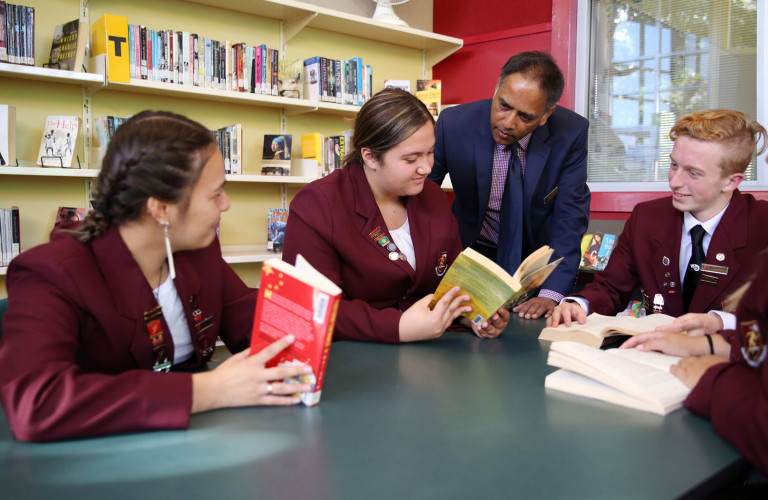School attendance strategy welcome
The Government’s school attendance and engagement strategy, released today, has the potential to achieve a great deal of good in our communities, say secondary teachers and principals.

“Actions across communities to support children and young people’s school attendance, benefit each individual student’s personal, social and academic wellbeing, but also achieve a greater good. Schools are the hubs of communities,” says Kate Gainsford, Chair of the Secondary Principals’ Council.
“The collective effort required to support parents, caregivers and whānau in communities is acknowledged in the strategy. Schools are not supposed to do this work on their own. Te Mahau (local Ministry of Education offices) strengthening local support for whānau is absolutely crucial to ensuring tamaraki and rangatahi go to school. What this looks like in action is yet to be clarified.
“The majority of parents take the responsibility of making sure their young people attend school every day very seriously. A few situations require longer more intensive communications and support. By meeting with whānau we gain better understandings of why there might be a problem and how we can strengthen young people’s connections for with their learning and future pathways. Investing in this work is an investment in young people. At this time schools are straining under the pressure of inadequate staffing in the areas of pastoral support. Secondary schools are looking for considerable heft in the Government’s commitment to action.
“Schools currently invest hugely in relationships with whānau but when schools call on attendance services the responses around the country are patchy, so Government backed improvements are welcomed. A well resourced service working closely with schools will make a difference.”
PPTA Te Wehengarua president Melanie Webber said secondary teachers fully supported the need outlined in the strategy, for schools to be more culturally responsive, particularly for Māori. “We know we have a lot of work to do to engage our Māori ākonga with learning; the current refresh of the national curriculum is a huge step in the right direction, and we commend the government for this. However, all teachers need more support to develop their capacity in this space - and we need more kaiako Māori - to make it alive, real and meaningful.”
She says schools desperately need more pastoral support. “More and more of our ākonga are feeling stressed, anxious and depressed, causing them to dis-engage with learning and school routines. We need a lot more skilled and professional guidance counsellors in schools who can actively support these young people and their whānau. Every young person deserves the kinds of life chances provided through participation in secondary education – and those who are struggling or unable to participate, must be given the assistance they need.”
She urged the Government to act on the recommendations of a 2019 Cabinet paper about redesigning alternative education and providing an end-to-end system of support for children and young people at risk of disengaging from education. “Implementing the recommendations of this paper is crucial to ensuring there are options for our students who are most in need. It is especially important that funding for learning support coordinators across the school sector is in place as soon as possible.”
Last modified on Wednesday, 17 May 2023 09:12
